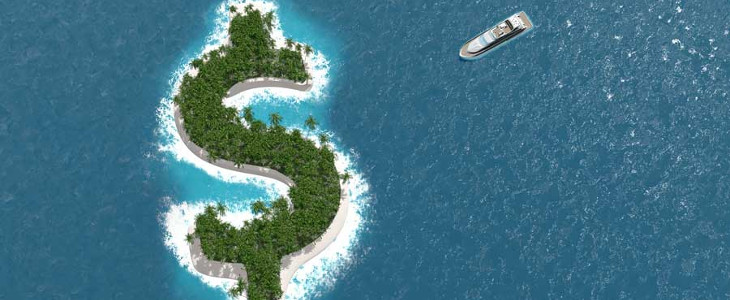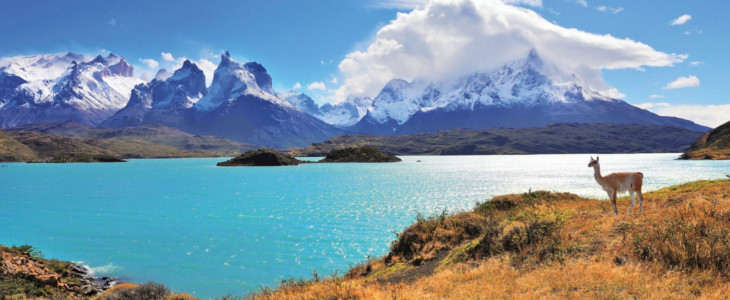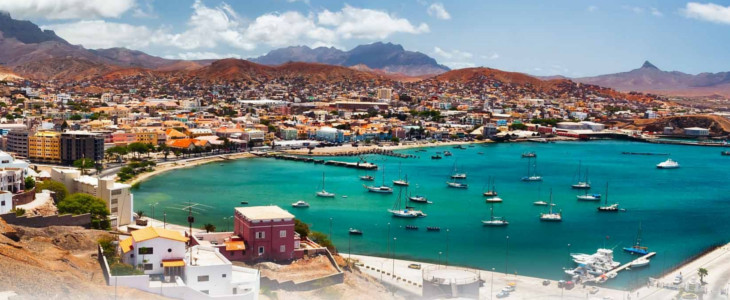Since 1985 Australia has had a capital gains tax that taxes residents on their capital gains made on property and share investments. Various exemptions apply, with the main one being the primary residence exemption. In contrast, non-residents investing in Australian only pay capital gains tax on Australian property. Taxable Australian property includes: A direct interest…
Double taxation is the levying of tax by two or more jurisdictions on the same declared income, asset or financial transaction. It may occur where a business or individual who is resident in one country makes a taxable gain in another country. Most countries, including the US and Australia, tax their residents on their worldwide…
The tax systems of most OECD and developed countries are very similar. Generally, individuals who are deemed to reside in their country will be tax residents and taxed on their worldwide income. For example, an individual is an Australian tax resident if they either reside in Australia or satisfy one of three statutory residence tests…
Income generated from assets held in tax havens is often not disclosed, or included, in the controlling taxpayer’s tax returns. The amount of income not disclosed, and taxes avoided, will never be known. But what is certain, is that with $6 trillion of assets in tax havens, the income generated (and untaxed), must be phenomenal. …
This strategy involves employees with large employment income salary sacrificing part of their wages into excess concessional super contributions. The tax consequences of this are: The employer receives a tax deduction for the total super contributions made. The excess super contributions are included in the employees individual assessable income and taxed at marginal rates. The…
A holding company is a parent corporation that owns enough voting shares in another company to control its policies and management. The benefits of forming a holding company include: The holding company itself is protected from losses if a subsidiary company fails and goes into liquidation. The creditors of the subsidiary company…
Costa Rica, literally meaning ‘Rich Coast’ in Spanish, is a country in Central America (bordered by Nicaragua, Panama, the Pacific Ocean, and Ecuador). The name La Costa Rica was first applied by Christopher Columbus in 1502 when he sailed to the eastern shores of Costa Rica during his final voyage and…
Chile is a South American country bordering Peru to the north, Bolivia to the northeast, Argentina to the east, and the Drake Passage in the far south. The name Chile comes from the Incas who called the valley of the Aconcagua, ‘Chili’. Augusto Pinochet’s authoritarian military government ruled Chile between 1973 and 1990. The first…
Cape Verde (officially the Republic of Cabo Verde) is an island country spanning an archipelago of 10 volcanic islands in the central Atlantic Ocean (570 km off the west coast of Africa). The economy of Cape Verde is service-oriented with commerce, transport, tourism, and public services accounting for more than 70% of GDP. In…
The sole trader business structure involves the individual personally operating their business. The advantages of operating a business as a sole trader include: Simple and easy for clients to understand. Cheap to establish and dismantle (basically just need a business name, ABN, GST registration and business bank account). No extra tax return required to be…
"You’d be stupid not to try to cut your tax bill and those that don’t are stupid in business"
- Bono: U2














